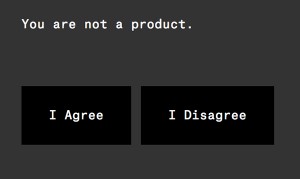 Social entrepreneurs are often faced with challenges that cannot be solved merely through financial aid from organisations such as the United Nations. The Arc Initiative at the University of British Columbia applies business skills learnt by students to help communities in developing countries. By bringing together students from the Sauder School of Business with entrepreneurs from places such as Ethiopia, the Arc Initiative contributes to a movement towards a socially secure community.
Social entrepreneurs are often faced with challenges that cannot be solved merely through financial aid from organisations such as the United Nations. The Arc Initiative at the University of British Columbia applies business skills learnt by students to help communities in developing countries. By bringing together students from the Sauder School of Business with entrepreneurs from places such as Ethiopia, the Arc Initiative contributes to a movement towards a socially secure community.
Such was the case with Salem’s Ethiopia, a craft boutique and social enterprise in Addis Ababa. Salem Kassahun, the owner, was faced with the challenge of making a decision between ramping up production and building on her current business model. With the help of the Arc Initiative she realised that shifting to a factory was out of the question. Kassahun solved her dilemma by following the Arc’s advice to reinvest some profit back into her business by adding another room for new women to work on her compound.
These entrepreneurs could easily receive non-business related aid from the fully funded United Nations. However, partnering with the Arc allows entrepreneurs to enhance their businesses through strategic advice. Even though the Arc is an organisation of a smaller scale, I believe it attains a better outcome through its sustainable approaches and its employment of social entrepreneurship.
Reference
Kroeker, Jeff. “Can Fair Trade Boutique Expand without Alienating Customers?” The Globe and Mail. Web. 10 Nov. 2014.


